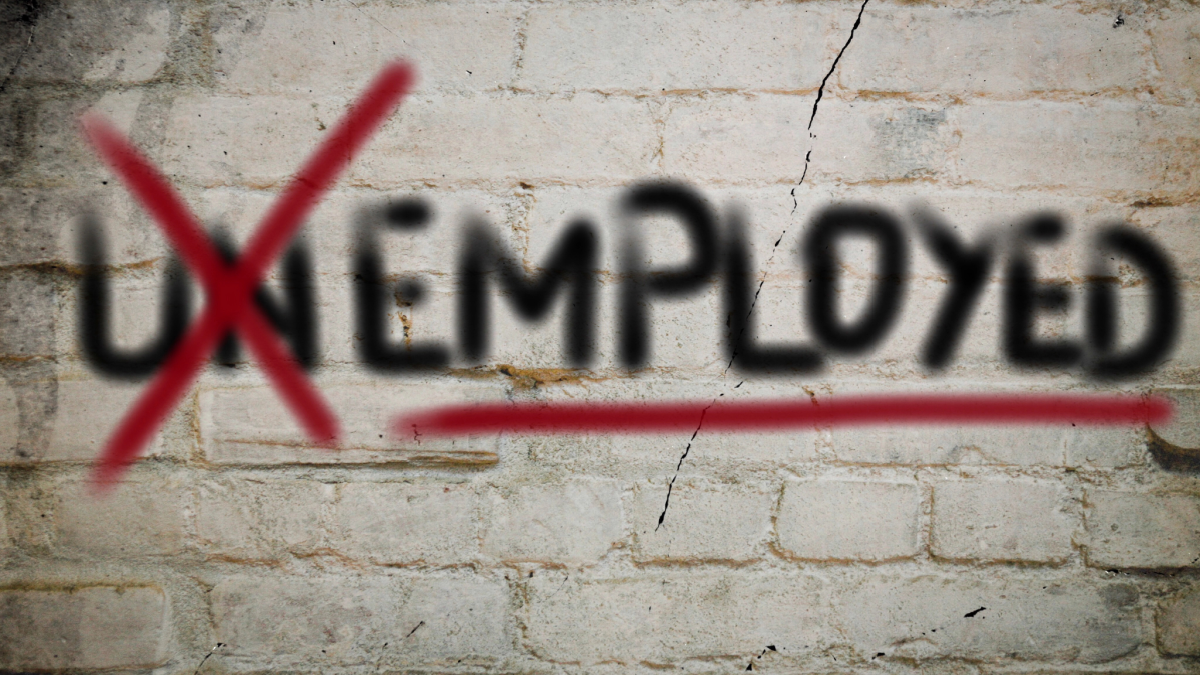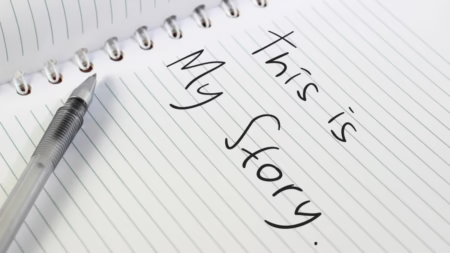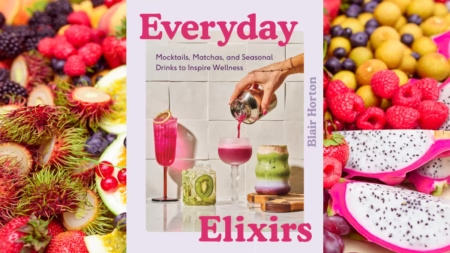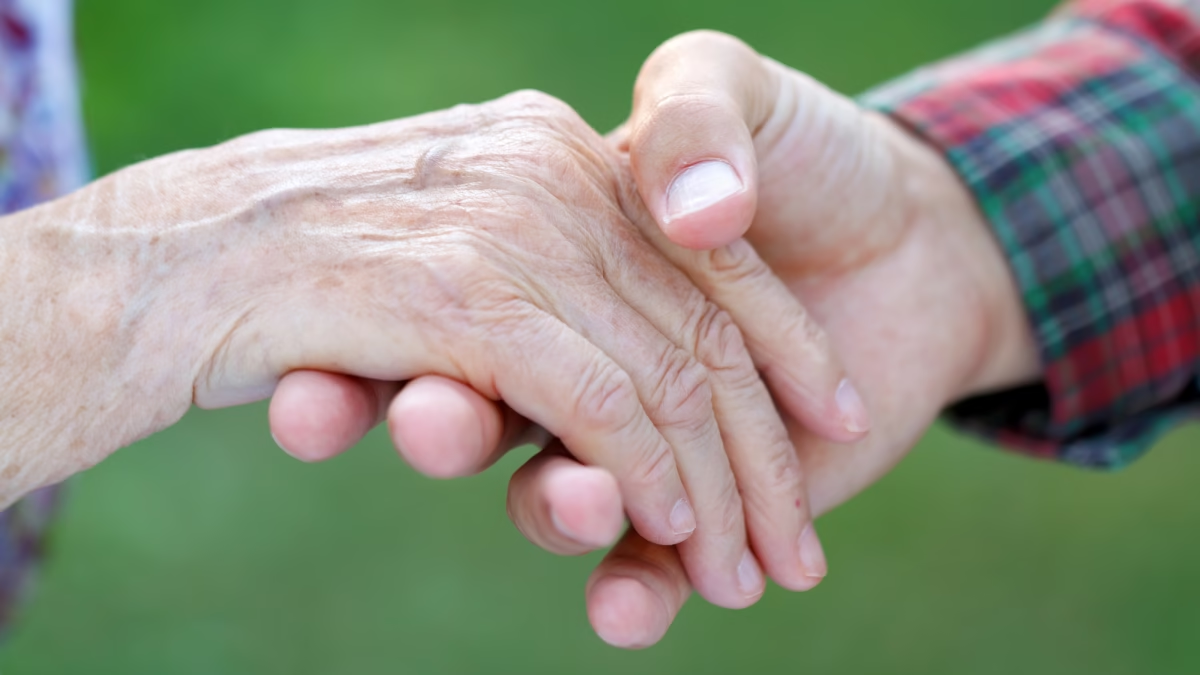
On the Morning of July 14, 2025, my father called to tell me that my mother had died. My mother died the day after her 85th birthday. In reality, she went to sleep the night of her 85th birthday and went wherever you go when you die. It was also one day shy of a year since she moved into a memory care facility, as her needs had become more than my dad was able to safely manage.
My mom’s death was the end of a 10-year journey since she’d been diagnosed with Alzheimer’s Disease. It is a cruel disease. Alzheimer’s disease is a thief that breaks into your house night after night and day after day and steals pieces of your loved one — leaving less and less of the person you know. And piece by piece, she slipped away. The last time I saw her, she slept through the visits while I sat with her, unsure of what to do. It was deeply painful.
But this is not what I’ll remember about my mother. I’ll remember who she was and the way she moved through the world. This might seem like a strange juxtaposition, but I am going to compare my mother to Muhammad Ali. And no, she was not a boxer. But she could float like a butterfly on the dance floor. And her older sisters said she could sting like a bee and make them cry with a single look. No one, however, has ever been able to recreate this look — but they sure remember its impact. The reason I bring up Muhammad Ali is the poem he once recited at Harvard University. And the poem is short. Just two words: Me. We. Some say it is the shortest poem ever written.
Me. We.
Muhammad Ali
“Me We” summarizes how my mother walked through the world. She believed in the power of the individual — the me — to make change and create positive impacts on the world — the we. Her work at Allen Avenue Unitarian Universalist Church in Portland, Maine, where she spent decades as its director of religious education, is a testament to that. She impacted hundreds of kids and their families. She volunteered at the local program that provided free meals to those less fortunate than my family. She would often feed the folks who were unable to feed themselves. This came full circle when, in her final weeks and months, she had to be fed by her caregivers. In short, she walked the talk.
We didn’t have a lot of rules growing up. In fact, I can really only remember one. And it is more of a philosophy of how to live your life and how to interact with people: “Never go to bed mad.” That’s it. “Never go to bed mad.” It seems so simple on the surface. But it’s deep. And really, “never go to bed mad” is another way of saying I love you, and I am not going to let an argument or a disagreement ever get in the way of that love.
And while I can’t remember her ever talking about living with gratitude, it is what she demonstrated with her actions every day. What she taught me was to live every day with gratitude. These two ways of looking at life are a gift: Live with gratitude and love without measure.
My mom was also kind of the ultimate grandmother. Grammy was what her grandkids called her. My two older kids were blessed with many years with her before dementia set in. And they were beautiful years. My two younger kids did not meet my mom until her illness had greatly progressed. But the ultimate grandmother was still there. And that is because she loved children. Her grandchildren brought her immense joy.
By the time my mom had received her Alzheimer’s diagnosis, I had been sober for five years and had worked hard to make sure I was also emotionally sober and not just abstaining from alcohol. This allowed me to be present and engaged in her final years, and for my children and father after my mom died. I am grateful for this. On my podcast, I regularly talk about my gratitude for my sobriety. I feel this most in the best of times and in the worst of times. Being sober means being present in your feelings and embracing the moments and feeling them deeply. And this allows you to be present for those you love. This is true whether it is a painful and challenging moment or an incredibly joyous one. It allows you to understand that you can feel both grief and gratitude — that they aren’t separate. They are part of the human condition. No question, Alzheimer’s disease is terrible, but as a family, we took it on with love and gratitude.
Being sober means being present in your feelings and embracing the moments and feeling them deeply.
Picking up my mother’s ashes, which were heavier than I thought they would be, I wrestled with the idea of what happens when you die. Truthfully, I am still exploring this because I don’t have an answer to this question. What I do know is that the law of conservation of energy states that energy can neither be created nor destroyed. It can only be transformed from one form to another. I believe love is the ultimate energy. So my mom’s energy, her love, is now in the universe. Perhaps it’s in the form of another star in the sky. Perhaps it’s a wave in the ocean. I will probably never know. What I do know is that I miss her, but she is also still with me in my heart, memory and gratitude.
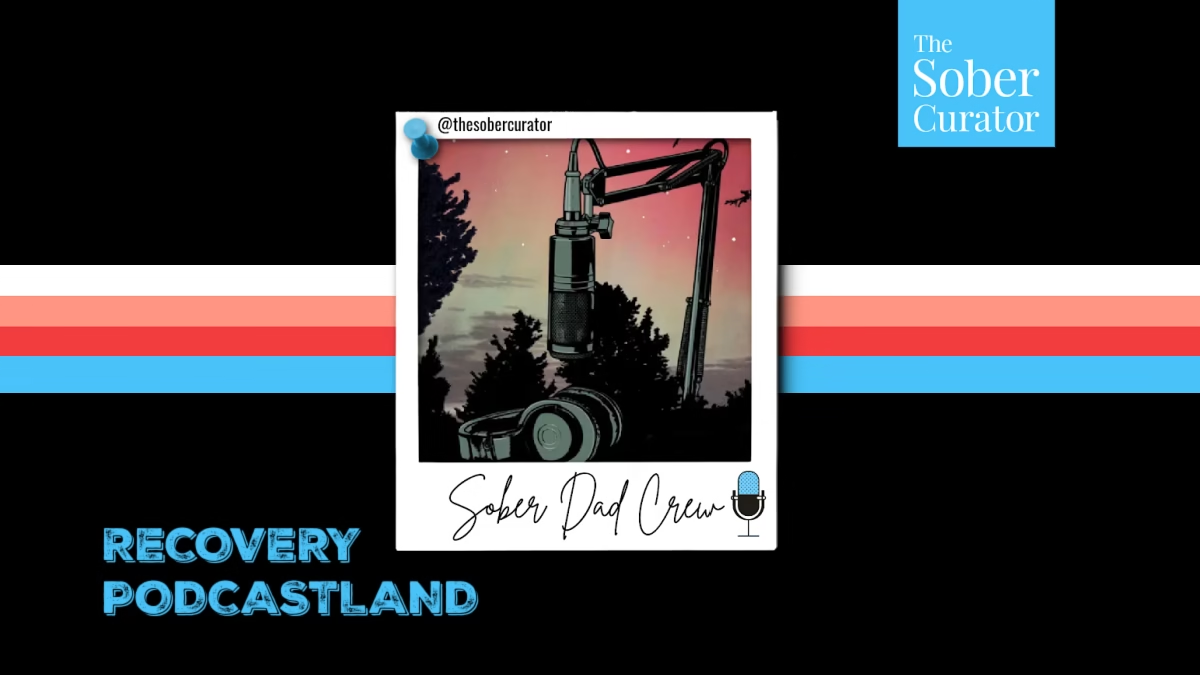
RECOVERY PODCASTLAND NETWORK – SOBER DAD CREW: This is a podcast focused on sobriety, recovery, fatherhood, parenting, music, food, tattoos, & more. Sober Dad Crew is an independent, DIY production created by Stephen Kimball, who writes, records, and produces the podcast.
SoberDadCrew.com
Instagram @sober_dad_crew
Threads: @sober_dad_crew
Facebook: @SoberDadCrew
LinkedIn: linkedin.com/in/kimballstephen

The Sober Curator’s MENTAL HEALTH + WELLNESS section is your go-to guide for nurturing emotional well-being—especially for those in recovery. Explore resources, expert insights, and personal stories that connect the dots between mental health, sobriety, and self-care. From managing anxiety and depression to building mindfulness and emotional resilience, we provide practical tools and inspiration to help you thrive alcohol-free. By fostering open, stigma-free conversations, we empower our community to make emotional wellness a cornerstone of long-term recovery.
Dedicated columns on this TSC channel:
- Break Free Foundation – Scholarships & Support for Recovery with Sober Curator Contributor Alexandra Nyman
- Codependency – Insights & Recovery with Sober Curator Contributor Dr. Sarah Michaud
- Mastering Mental Fitness with Sober Curator Contributor James Gwinnett
- Mental Health – Emotional Wellness in Recovery
- Relationships – Love, Connection & Boundaries in Sobriety
- Sober Not Subtle with Sober Curator Contributor Jason Mayo
- Sober Poetry – Recovery in Verse
- Speak Out! Speak Loud! – Stories & Creative Expression in Recovery
- Spiritual Substance – Mindfulness, Science & Soul with Senior Sober Curator Contributor Lane Kennedy
- Wellness As A Way of Life – Sustainable Health for Powerful Women with Senior Sober Curator Contributor Megan Swan
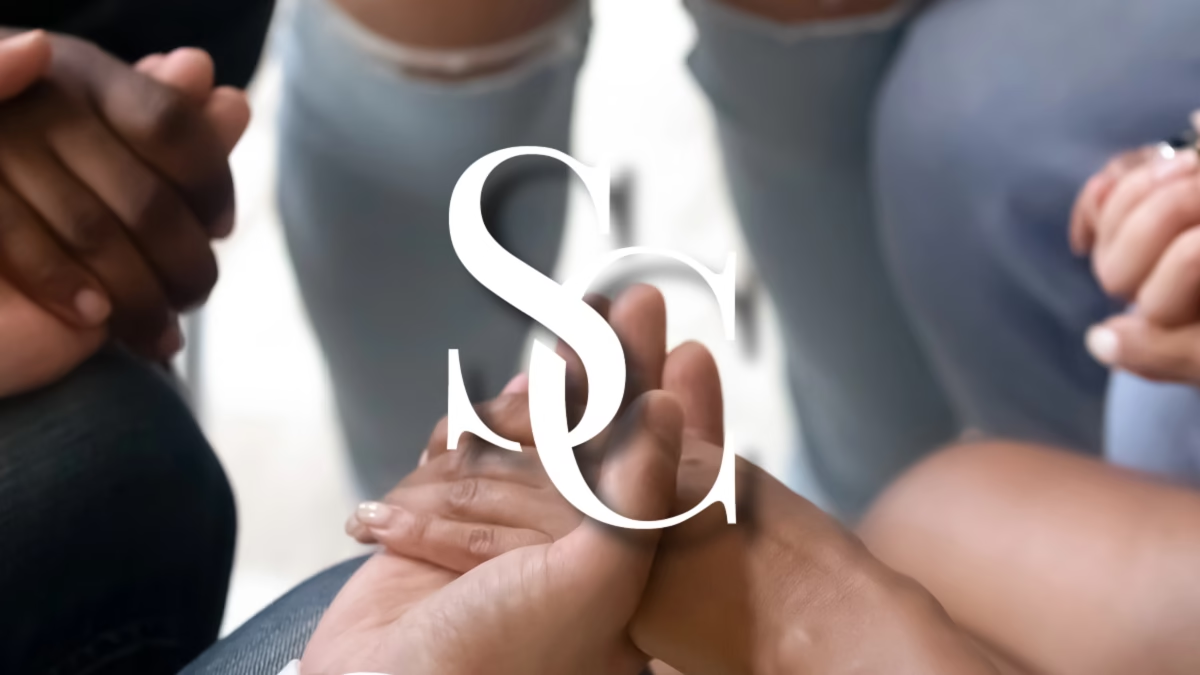
FAMILY RESOURCE GUIDE: Families play a pivotal role in both the path to and through recovery. Research shows that individuals with strong family support have significantly better outcomes, including higher rates of sustained sobriety and improved mental well-being.
When families commit to learning about addiction, joining support groups, and actively participating in recovery, their involvement becomes transformative—not just supportive. Recovery is a collective journey, and compassionate, informed family engagement can be the foundation for lasting change.
If you or someone you love is in immediate danger, call 911. If you are in crisis and need immediate help, call 988.

SOBERSCRIBE NOW!
Resources Are Available
If you or someone you know is experiencing difficulties surrounding alcoholism, addiction, or mental illness, please reach out and ask for help. People everywhere can and want to help; you just have to know where to look. And continue to look until you find what works for you. Click here for a list of regional and national resources.




